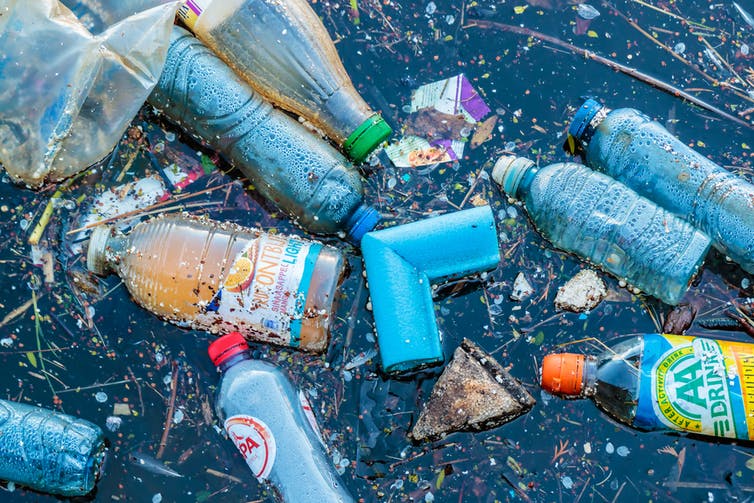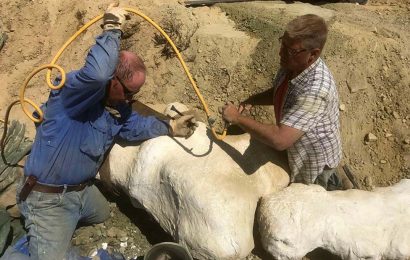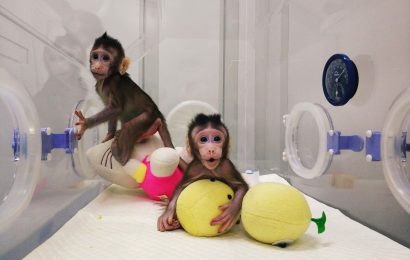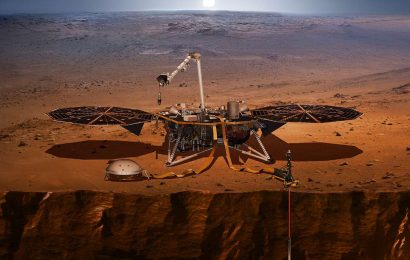The high pollution in the oceans is a big problem on the planet. According to recent research, it is likely that in the year 2050 we will find more plastic than fish in the waters of the seas, and for this reason there are many people working to generate solutions to this problem, some very imaginative to reverse this situation.
Currently the novelty is a bacterium , developed by students Jeanny Yao and Miranda Wang , who have been developing this project since their school years and today reap the fruits of it. They already have patents and have obtained a financing of 400 thousand dollars to start developing the product. All this with only 20 years old.
They have already won 5 prizes thanks to this project, they became popular as they were the youngest to win the Perlman science prize . All thanks to its tiny bacteria capable of transforming plastic into CO2 and water. The technology is used in two ways: To clean the beaches and also to produce raw materials for clothing.
“It is practically impossible to make people stop using plastic, we need technology to break the material, and everything becomes biodegradable, ” says Miranda Wang.
The development of this technology is divided into two parts: First the plastic is dissolved and the enzymes as catalyze whereby the plastic becomes highly malleable fractions. These components are placed in a biodigester station , where they behave as if they were leftovers of food. The project runs in just 24 hours, to move from plastic to water, really promising.
Plastic eating bacteria have already been discovered by a teen-aged student
Daniel Burd may have figured out a way for humanity to take care of the five hundred million plastic bags tossed into landfills and the ocean every year.
For years people had been wondering if evolution could produce plastic eating organisms, Daniel Burd just tried: he had an idea; what if nature had already solved this problem? What if there was a microorganism that could do the job? With this question in mind, Burd collected soil samples from landfills and started feeding the bacteria contained therein a constant diet of ground up polythene bags. He found that a combination of Sphingomonas and Pseudomonas bacterial types worked the best together; he estimates that a complete degradation of a polythene bag could take as little as three months.
The bacteria will need centuries to clean it up
Plastics are a new trick that humans have played on the environment; if no organisms exist to decompose them, it is estimated that plastic bags and bottles will last for at least 400 years. Even then, the small bits or molecules of plastic may remain much longer.
Bacteria that can eat plastic has already been discussed by science fiction writers, and it’s not all good news. In ‘The Plastic Eaters’, Gerry Davis and Kit Pedlar wrote about a biological time bomb that could destroy necessary infrastructure. Earlier still, Michael Crichton wrote about it in his 1969 novel ‘The Andromeda Strain’.
The amount of ocean garbage is so enormous, even if we stop adding, the bacteria will need centuries to clean it up… so better start keeping the seas clean.
What can you do?
In the meantime the plastic garbage remains an enormous problem, even if it is very possible to recycle plastic, and when that is not possible it can be burned, and give energy.
What can you do to avoid plastic problems?
- use less plastic
- place garbage in a CLOSED bin
- take care that your plastic is being recycled
Source: physics-astronomy.org
the guardian.com




